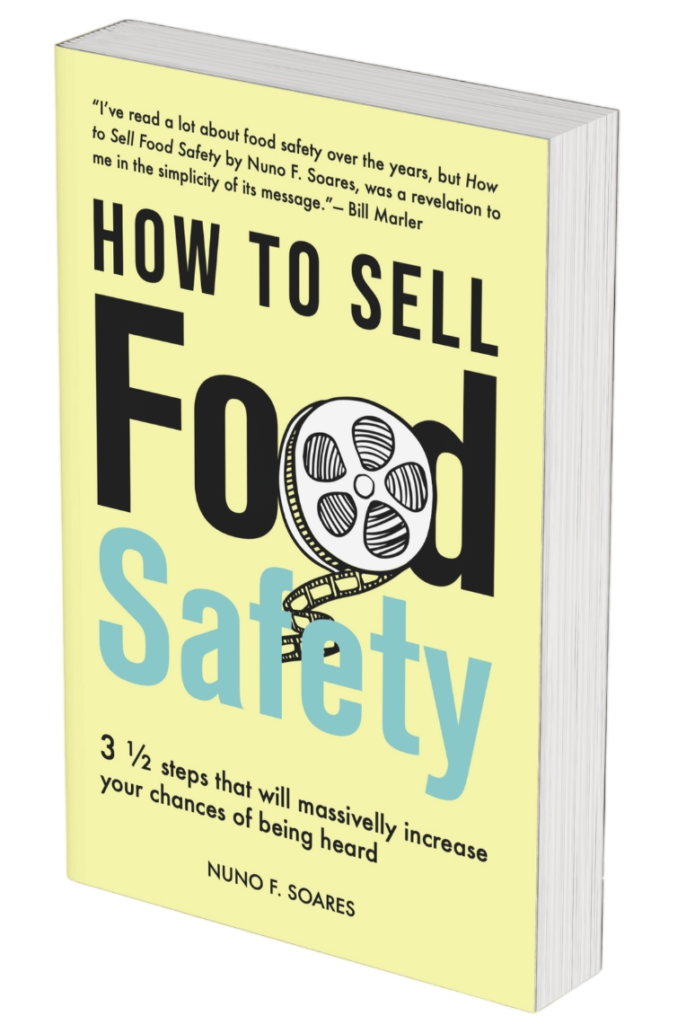
Two recent Food Safety related news releases caught my attention: incidents where good/bad faith were being questioned.
Have you seen the news or the shocking disgusting video initially posted on June 28, 2019 floating around social media? A young girl grabs a half gallon of Blue Bell ice cream out of the freezer in a Walmart, opens it, licks it and puts it back in the freezer!
Even though this case could be seen as a young consumer acting in bad faith with no regards towards public health or food safety … or even as simple as bad behavior, irrational, irresponsible, thoughtless or an attempt to post a video to “go viral” … it reinforces the importance for the food industry to consider monitoring and mitigating inappropriate use or tampering of food products (intentionally or not) at the retail consumer level.






